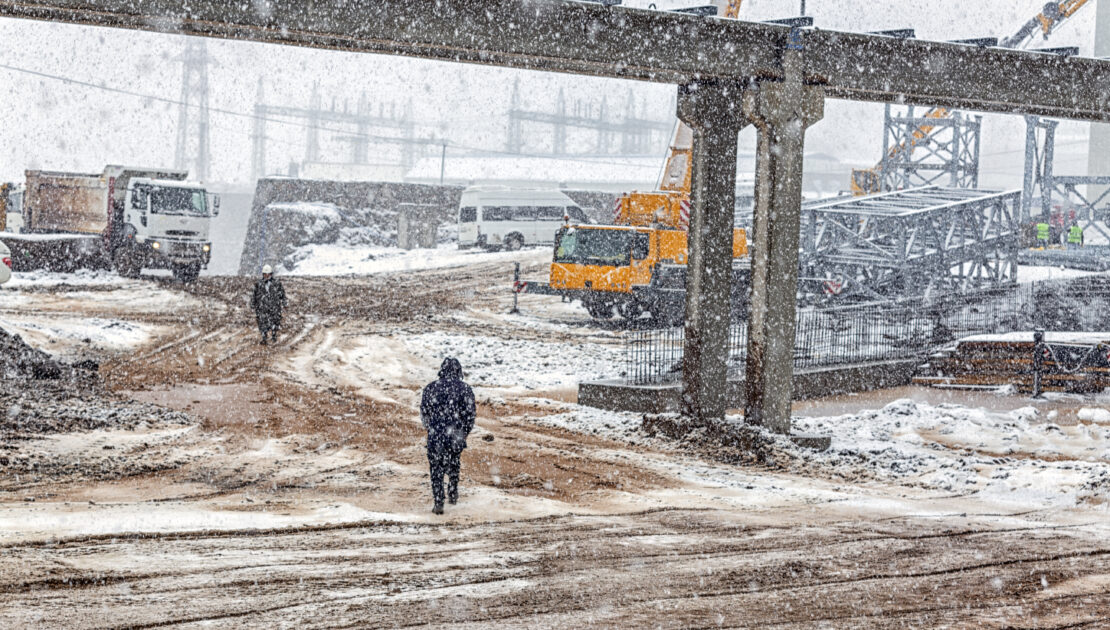10 Tips to Winterize Your Business

As winter approaches, it is crucial for small businesses to prepare for the challenges the season’s weather brings. Whether it’s potential property damage or changes in customer behavior, winter can significantly impact a company’s operations. This article provides 10 tips for effectively winterizing a small business.
- Assess winter weather threats. It is essential for businesses to conduct a risk assessment. This can help them identify areas that winter weather can threaten. Developing and utilizing a winter preparedness checklist can assist companies in reviewing its risks, as exposures can vary by location and industry.
- Conduct a winter inspection to protect physical location(s). A thorough inspection of a business’s physical location(s) can help prevent winter weather damage and other issues. Employers should check the roof, drainage, windows, doors and other outside property to ensure it is ready for winter and make any necessary repairs or modifications.
- Protect pipes from freezing. Water damage from pipe bursts can cause severe property damage. To mitigate this risk, businesses should take steps to prevent their pipes from freezing. This includes unhooking outdoor hoses, draining irrigation systems, installing leak detectors, insulating pipes and keeping the building’s temperature at least 55 degrees Fahrenheit. In some circumstances, keeping a trickle of water flowing through the pipes can also help prevent freezing.
- Check the heating system and smoke and carbon monoxide detectors. Having a heating system tune-up can help ensure it is working properly and ready for cold weather. It is also essential to make sure smoke and carbon monoxide detectors and other fire prevention systems are installed and functioning.
- Develop a snow and ice removal plan. Businesses should have plans to remove snow and ice to keep their property safe and operational. Whether a company chooses to hire a contractor or complete the work itself, keeping parking lots and sidewalks clear is essential. Additionally, businesses should review the slip-and-fall hazards in and around their property and ensure proper steps are taken to address these risks.
- Prepare a winter weather emergency kit. Sudden, severe weather can leave employees and customers stranded at place of business. Having an emergency kit with essentials, including food, water, blankets and first-aid supplies, can help ensure their safety.
- Set up a communication plan. Staff, vendors and clients may need to be contacted on short notice in the event of winter weather. Businesses should establish a plan to contact these parties, as well as contractors and emergency staff.
- Promote winter weather driving safety. Businesses should ensure their vehicles are prepared for winter weather and promote safe winter weather driving practices. This may include having infrastructure in place so workers can stay home and work remotely if dangerous road conditions arise.
- Back up data. Winter storms can cause unexpected power outages, and it is vital for businesses to back up their data, as data loss can have significant financial and operational impacts. It may also be advisable to secure a backup generator to prepare for these situations.
- Review insurance coverage. The change of seasons presents businesses with an opportunity to review their insurance policies. Working with a licensed insurance professional can help companies ensure they have the necessary coverages with adequate limits in place.
Being ready for winter weather requires a proactive approach. By taking steps to reduce risks, small business owners can prepare for the change in season. For more insights and guidance on small business risk management, contact us today.
Article Published By: Zywave, Inc.
